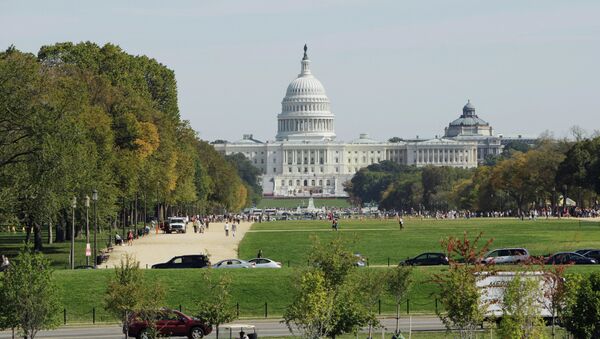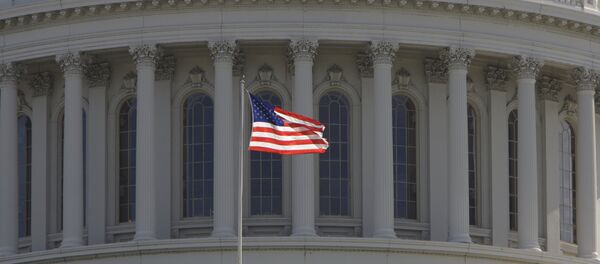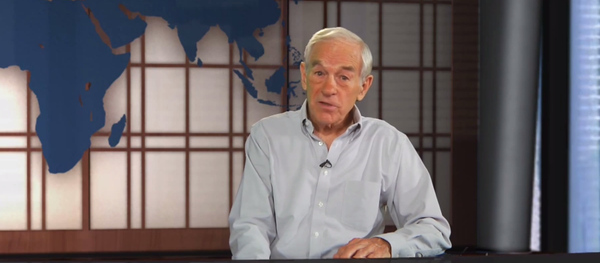WASHINGTON (Sputnik) — The legislatures of Iran and the United States could complicate but not necessarily derail a final agreement on Tehran’s nuclear program, experts told Sputnik.
“The nuclear agreement will have to satisfy not just each country's negotiators and executive branches, but also the legislative branches in order to become effective," Indiana University Iranian Studies Professor Jamsheed Choksy said on Thursday.
“There may have to be amendments and reworking of the deal based on input from the US Congress and Majles [Iran’s Parliament], which could extend the diplomatic process beyond the current deadline,” Choksy added.
On Tuesday, US President Barack Obama agreed that the US Congress will be able to approve a final nuclear deal with Iran. The reversal in Obama’s position came after US Republican lawmakers opposed to the Iran deal said they had a veto proof majority, but in order to get Democratic support agreed to limit their review to 30 days and delink a nuclear deal from Iran’s support for terrorism.
Choksy noted that Iranian President Hassan Rouhani, too, accepted Iran’s parliament would have a say in a final nuclear agreement set to be reached by June 30, 2015 between the P5+1 group of countries and Iran.
The arrangement sets the stage for hardline opponents of a nuclear deal in both countries to potentially scuttle the deal, he said.
"There are opponents of the deal in many countries, including in the US Congress and Iranian Majles. They may well work, for different reasons in each country, to stall or sink the deal,” Choksy said, adding that a final agreement may have to be reworked based on the two legislatures’ input.
The final outline of a nuclear deal is yet to be negotiated and the exact power the two countries’ legislatures will ultimately wield remains unknown, Center for Nonproliferation Studies Senior Research Associate Miles Pomper told Sputnik.
“It will depend in part on how Iran reacts to this procedural move by the US Congress — for instance by the Majles passing similar legislation — and in part on what is in the final agreement,” Pomper said.
The expert argued the influence of the legislatures will probably not undermine the whole process, given how invested all countries, particularly Iran, are in a final deal. “But it could reshape the final round of talks and the final agreement,” he said.
But if Obama and the US State Department agree the final nuclear deal is strong and achieves US goals, Pomper said Obama will likely be able to gather enough support to ensure his veto is not overridden by a two-thirds majority in both chambers of Congress.
Under the framework nuclear agreement reached on April 2, the P5+1 group, which includes the United States, France, China, Russia and the United Kingdom plus Germany, agreed to gradually lift all nuclear-related sanctions imposed against Iran in exchange for a verified reversal of Iran’s nuclear program.
US anti-Iran sanctions for terrorism, human rights abuses and ballistic missiles will not be cancelled.



